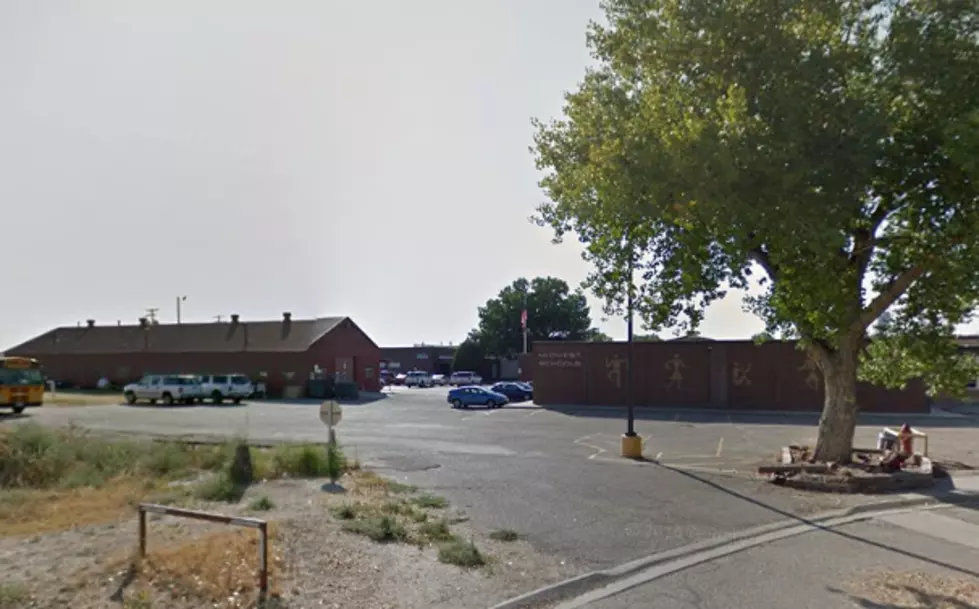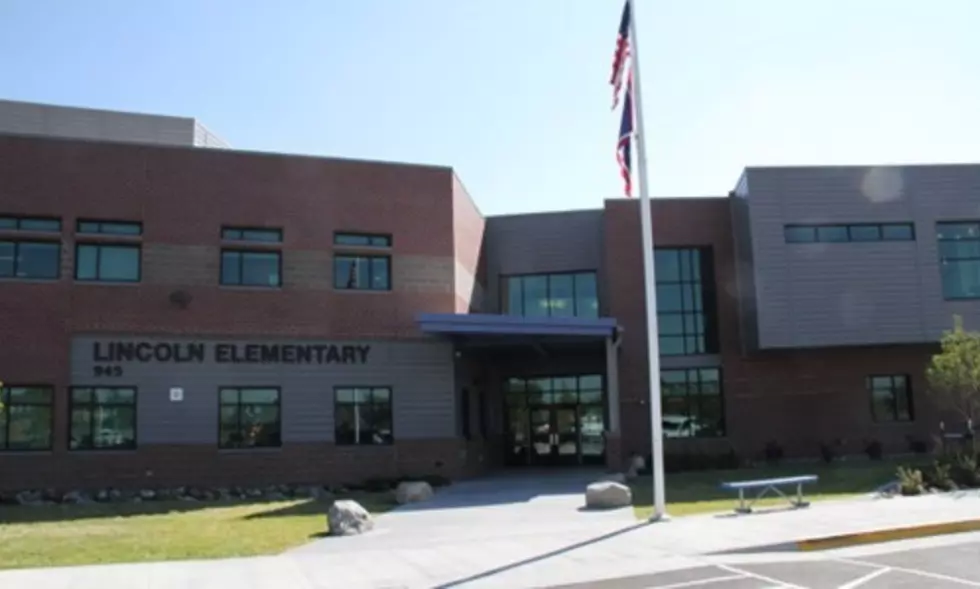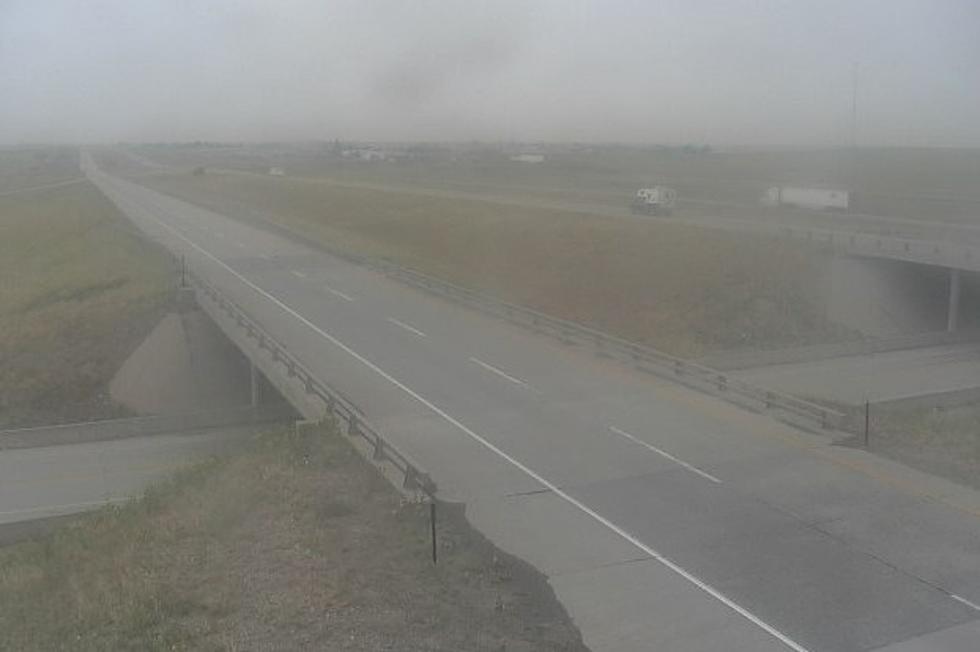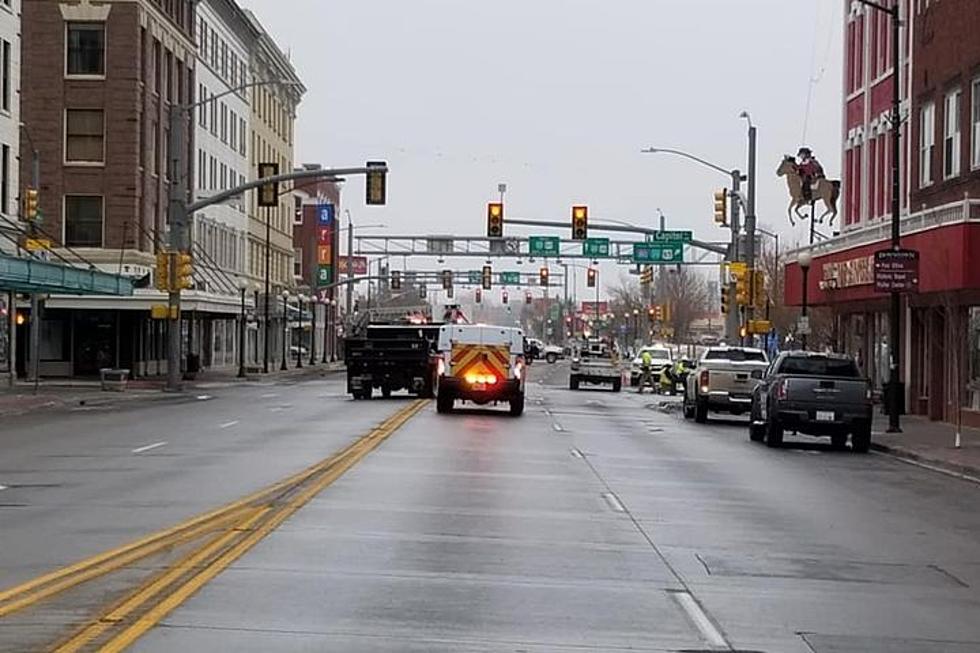
More Than A Leak; Midwest School Affected By Large Amounts Of CO2, Natural Gas
The so-called gas leak that shut down Midwest School is an unusual release of gas, oil and carbon dioxide from the ground, a spokesman for the company that owns the Salt Creek oil field said Thursday.
"We currently have an ongoing investigation trying to find out where the odor is coming from," said Trevor Christensen of the Irving, Texas-based Fleur de Lis Energy, LLC.
The Natrona County School District announced Wednesday evening that a gas leak forced the school to close for Thursday, and then it announced the classes will be held for the rest of the academic year at the former North Casper Elementary School beginning Friday.
It is much more than that, Christensen said.
Those monitoring the situation have detected natural gas; carbon dioxide, which has been used for oil recovery; and trace amounts of methane, he said.
The company has notified the residents of Midwest about the situation, Christensen said.
It also temporarily evacuated houses near the school where some teachers and staff live during the week, he said. "That was done to ensure their safety."
There is no definitive timeline when students and staff may return to the school, Christensen said.
A spokesman for the Natrona County School District did not return calls seeking comment Thursday.
Besides Fleur de Lis, Christensen said Casper Safety Consultants is monitoring gas levels in and around the school and the Town of Midwest.
The Natrona County Emergency Management and the Wyoming Department of Environmental Quality are involved, too, he said. Fleur de Lis also notified the U.S. Bureau of Land Management and the U.S. Environmental Protection Agency.
Fleur de Lis also is cleaning up a nearby small oil spill that occurred by seepage when the carbon dioxide reached the surface, known as a "circulation issue," Christensen said.
Fleur de Lis, financed by Kohlberg Kravis Roberts & Co., bought the Salt Creek oil field from Anadarko Petroleum Co. a year ago. The legenday Salt Creek field was one of the nation's largest producers of oil a century ago.
It doesn't like being in this position, Christensen said.
"We certainly don't expect to see more of this in the future whether it be in the school or anywhere in the field," he said. "We try to take care of the field on a maintenance basis where we're maintaining our wells, maintaining the field so issues like this don't come about."
Wyoming DEQ spokesman Keith Guille said his agency is called to situations like this to monitor air quality.
Carbon dioxide itself is not dangerous, unless it replaces the oxygen in the air, Guille said. "It's imperative when we see these that everyone tackles this quickly and ensures everyone's safe."
More From Y95 Country









